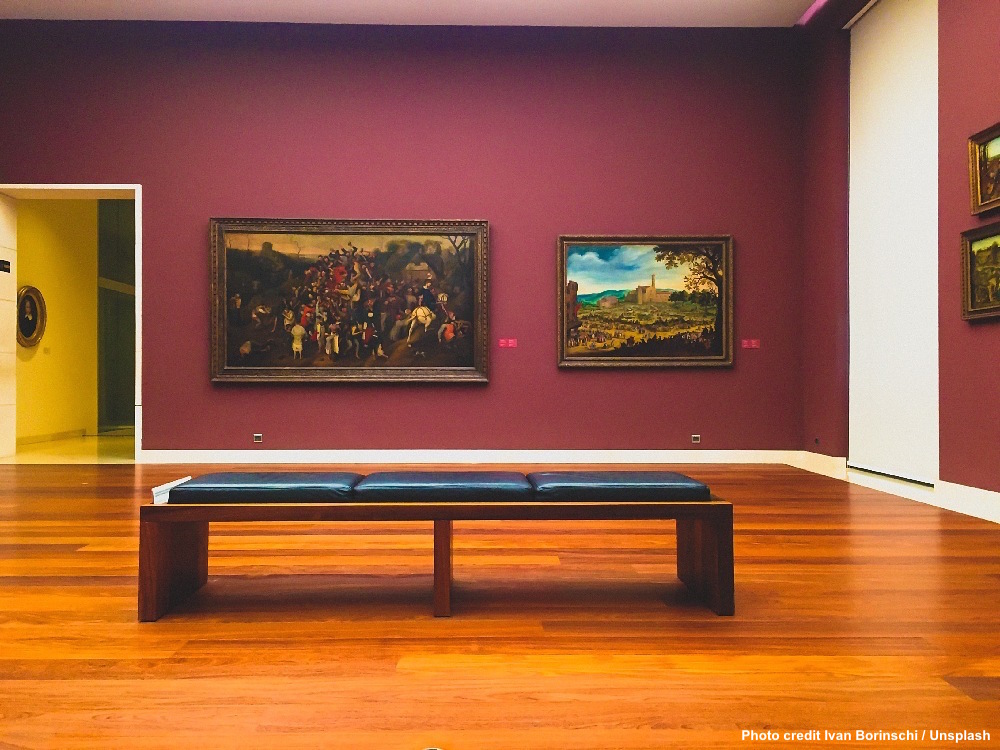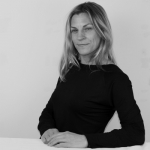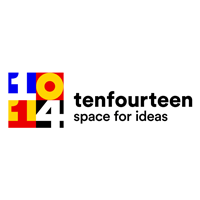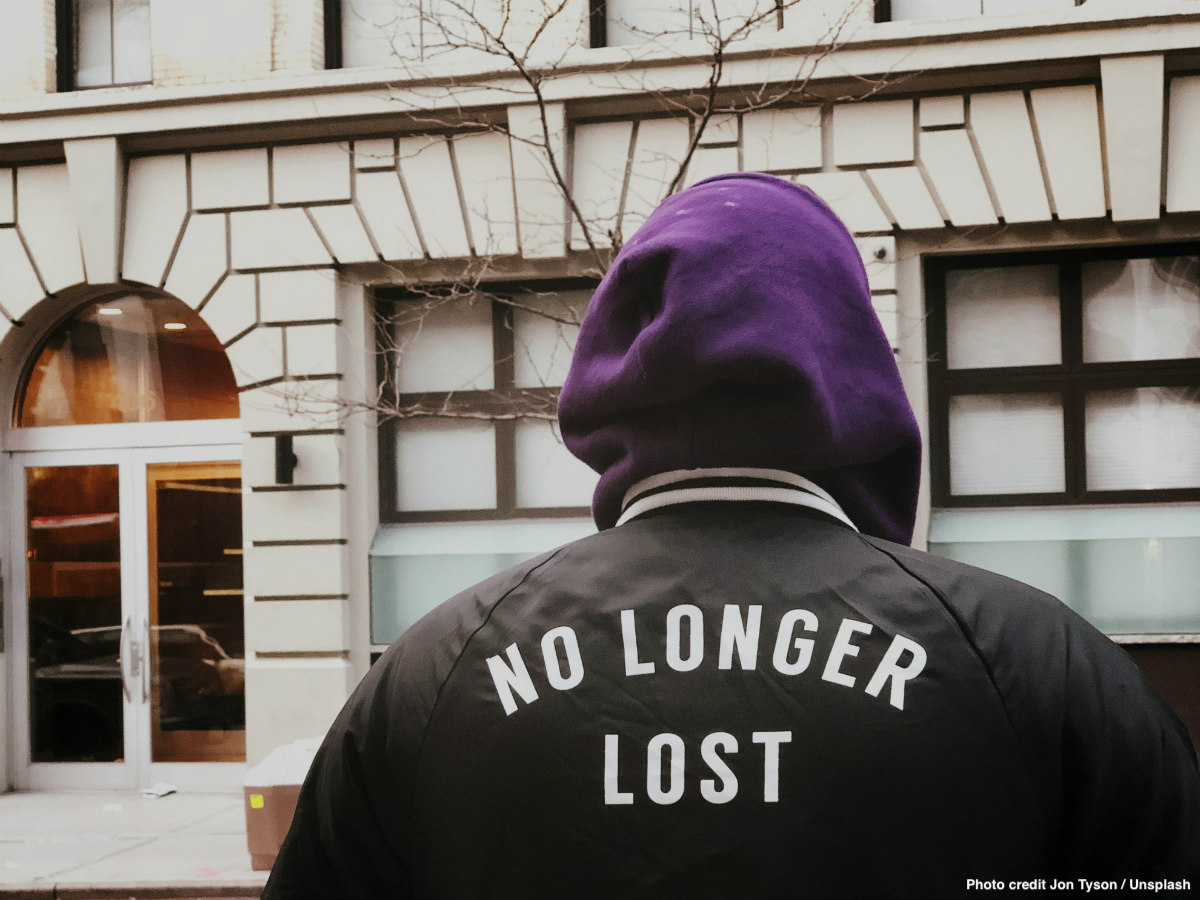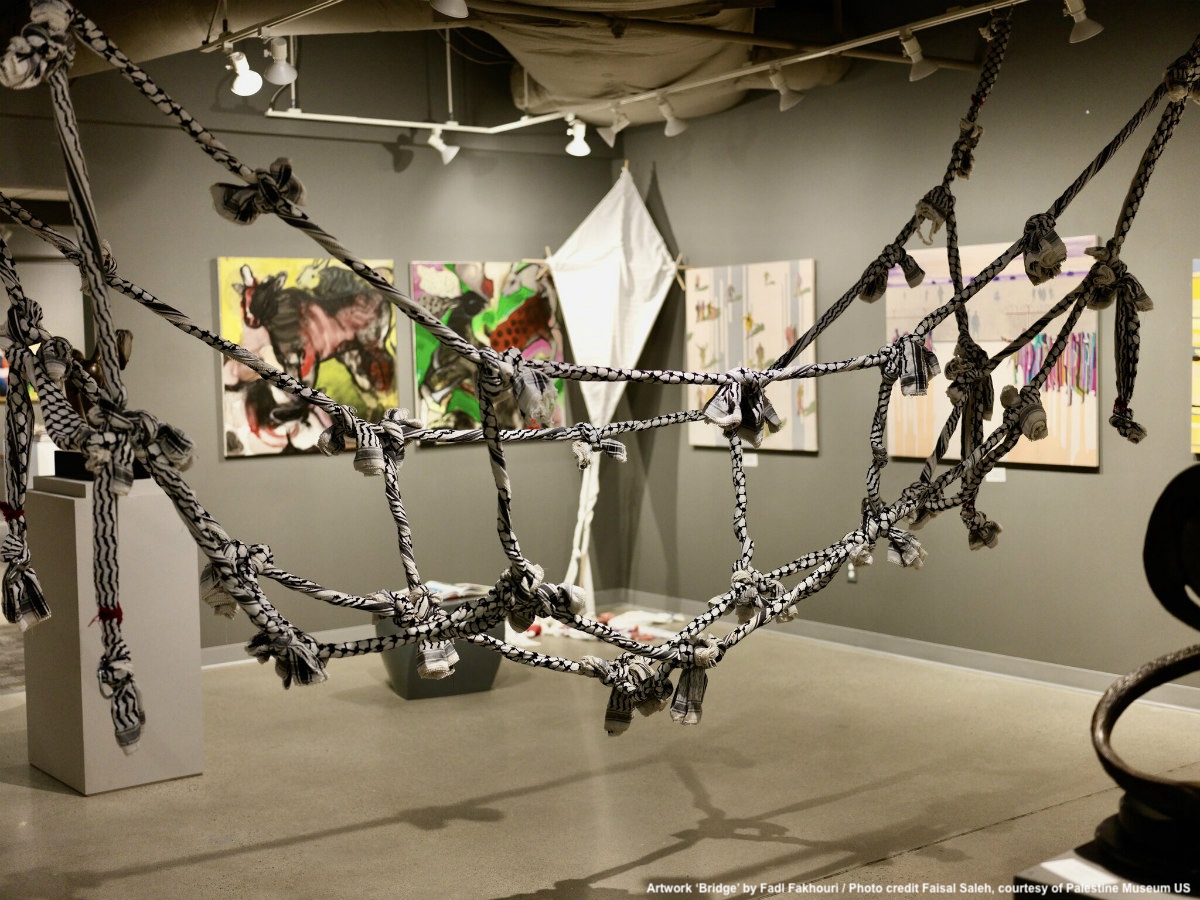‘Art is good for you!’ I remember Frances Colpitt, one of my favourite art professors, proclaiming how she couldn’t stand such sentiment. Having dedicated her life to art, it wasn’t because she was not a fan, it was precisely because she was or rather, she loved and respected the arts to such a singular extent that it didn’t need a pedestal or a use-value. Ideally, in Kantian parlance, art’s purposiveness is without purpose. Such that art’s greatest ‘value’ is in not having any ‘use-value’ – a sentiment shared by many artists, cultural critics, and philosophers. To be sure, that’s not a critique against creative practices that effectively move mountains or caress you with lather, it’s a profound acknowledgment of an art work’s inimitable possibility.
Such possibility is at the core of Bruxelles’ Echevine de la Culture, du Tourisme, des Grands évènements et du Matériel communal [Alderwoman for Culture, Tourism, Major Events and Municipal Equipment] Delphine Houba’s Museum Prescriptions initiative which acknowledges how ‘culture can be beneficial for mental and physical health’ and therefore could forge a healthy city. Generously offering me time to inquire, Houba shared how she was inspired ‘by a similar initiative in Montreal’, where she visited in July 2019. Led by Rémi Quirion, chief scientist of Quebec, the Montreal Museum of Fine Art created an Art and Health Committee in 2017 to study the effects of art on those suffering from chronic disease, cancer, and mental disorders, among others. Since November 2018, member doctors of Médecins francophones du Canada have been able to prescribe their patients museum prescriptions to the MMFA, which includes free admission for two adults and up to two children.
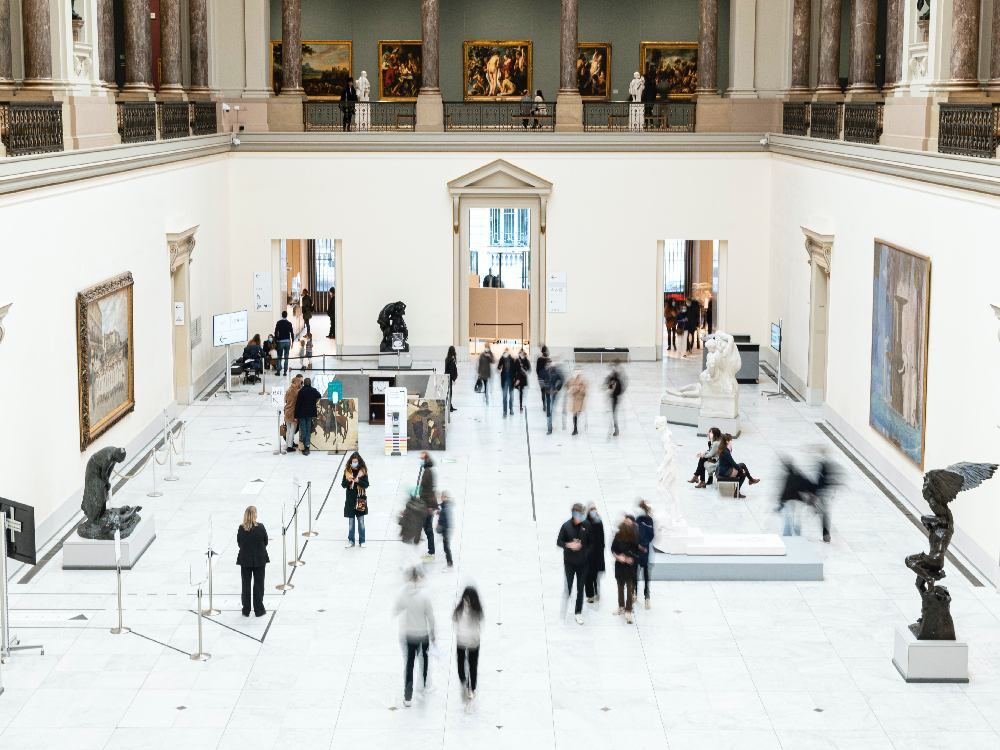
Houba’s initiative for Brussels is two-fold, focusing on groups and individuals. The first pilot program was launched in September 2021 and focused on chaperoned group visits in partnership with the Brugmann Hospital – one of the largest public hospitals in the city with an in-patient and out-patient psychiatric department comprising various speciality units and clinics. The pilot worked with participants from the Stress Clinic, which already hosts on-site programs such as cooking and music workshops. “Accompanied by professionals from hospital staff” six participants had three trips to the city’s cultural centres: Brussels City Museum, Centrale for Contemporary Art, where they also had an artistic workshop, and underground to the Sewer Museum. Whether above ground or below ground, the idea is to offer participants ‘another perspective’ and ‘help them in their autonomy’.
It may seem very simple to go to the museum, but if you’re feeling unwell, if you have a problem, going out of your comfort zone can be very difficult. So, if one is able to go to a museum, that is already a good step in the healing process, explains Houba.
Many of us have had enriching experiences with works of art, have come away from a museum trip or a concert having been ‘moved’ as one might say in English. While I’ve never questioned such encounters, researchers have been moved to do just that and now it’s scientifically proven – art is good for you.
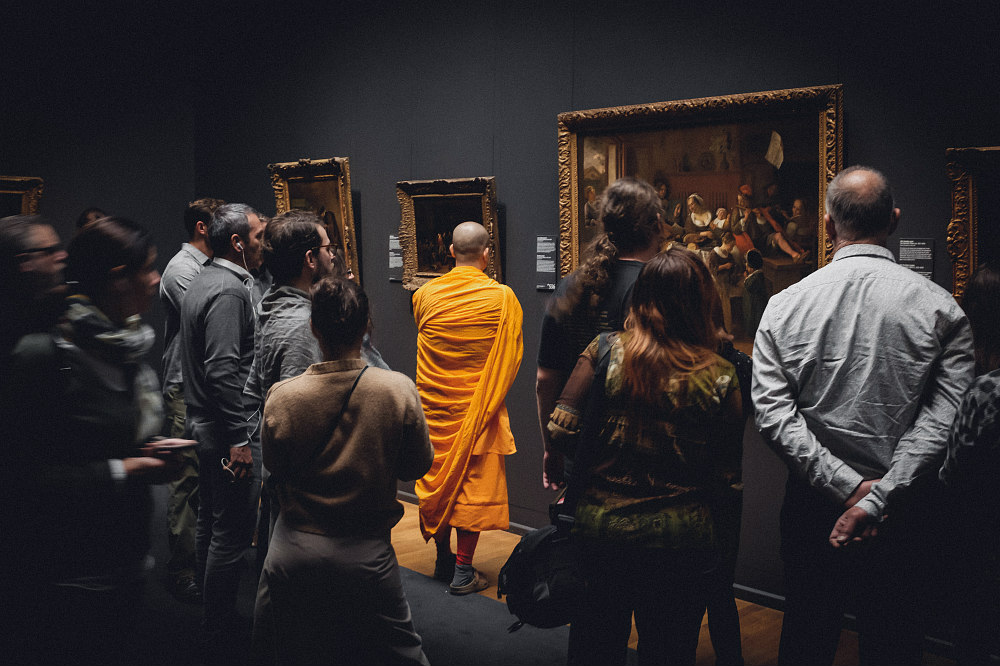
Most recently, from the 2019 World Health Organisation report on the link between culture and health to Pierre Lemarquis’ Art That Heals (2021), born from the new field ‘neuroaesthetics’, studies have shown how beneficial it is for one’s mental and physical health to be culturally engaged, literally tracing dynamic neural connectivity and stimulation. And it is precisely urban environments that hold such untapped value with all their cultural institutions and offerings that can develop stronger relationships between health and art in favour of a healthy city.
Evidence-based practices are often what city budgets need, and more expansively allows for further exploration and development for (so-called) alternative practices in addressing health issues, i.e., being human. Following, such research could as well undergird the necessity for enduring cultural support. In addition to Houba’s initiative in Brussels, she and her team realise the importance of this collective research and aim to participate through documenting and sharing their observations, methods, and development with such organisations as the WHO.
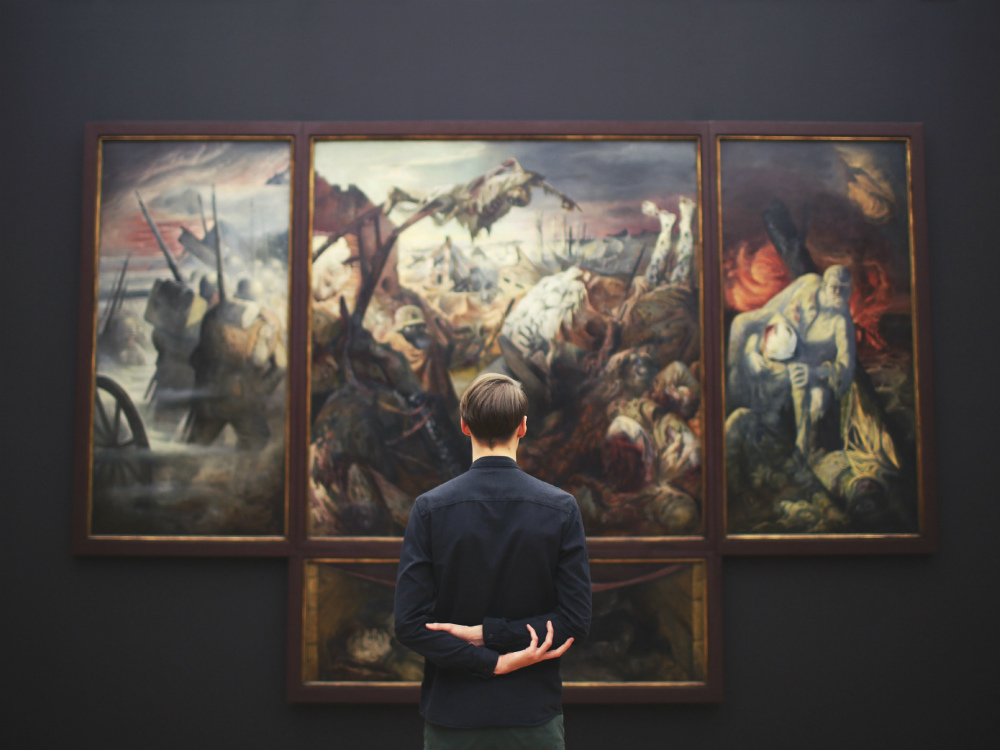
‘We’re not just assuming that it is beneficial, there is a scientific dimension to this project with researchers who followed the group to observe and measure the effects that it had on the patients,’ confirms Houba. And having just received the final doctors’ reports from the group visits, so far so good: ‘yes, we can see that these creative and cultural activities are very beneficial to our patients.’ In sum, the conclusion was ‘very positive and encouraging to continue this kind of initiative’ to shape a healthy environment in the city.
Now it’s more a matter of logistics, details, and timing. Originally, Houba had ‘wanted to launch this project in the beginning of my mandate but then the Covid crisis came, and we couldn’t launch it but are now even more convinced that it is very important because it is clear with the Covid crisis that mental health is a big issue for our societies and that’s why we finally launched it during this Covid crisis.’ The pandemic has especially challenged the mental health of urban dwellers, who, locked down in the city, have come to realise how integral city assets like parks, green spaces or museums are and the important role they play in a healthy urban life.
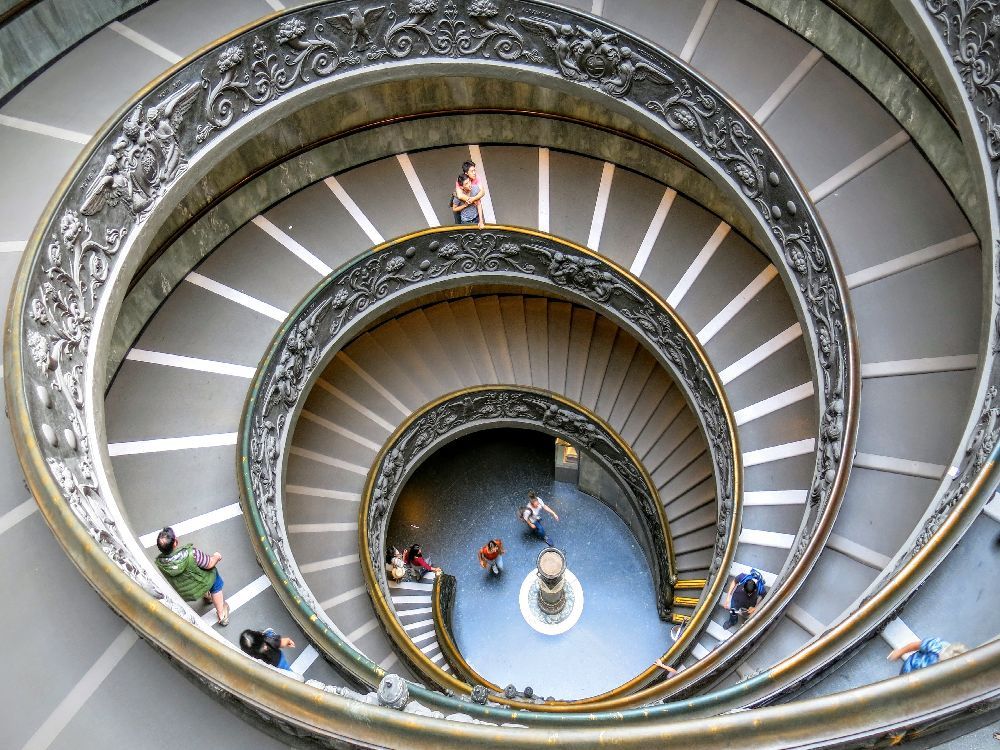
The first pilot’s success not only enabled the initiative’s team to review proper protocols and engage with museum staff highlighting the diversity of their audiences and the discreet and beneficial care and support they can help provide to participants, it also highlighted the residual benefits awarded to health care workers.
‘This program is very important to the therapeutic process overall, because we know that doctors are so busy they don’t have time to talk with patients and so to have that kind of help and support in the process greatly helps and supports our doctors and relieves hospital staff of their own psychological burden – something very important that I could see in the eyes of the staff’. As the former president of the Brugmann hospital, Houba knows first-hand how challenging it is for hospital staff, nurses, and doctors generally, let alone during a pandemic. During her tenure, Houba noticed how current programs, such as hospital room visits from artists and musicians, have a direct impact on the hospital staff as well as the patients, providing moments of reprieve, support, and a sense of community.
Nevertheless, given the extenuating effects of Covid, Houba has taken into consideration the vulnerability of both health care and cultural workers in launching the pilots. The success of the first pilot only raises the question of whether they will continue with group visits in addition to the second pilot prescribing individual visits, which Houba and her team are getting ready to launch in the coming weeks. Focusing on individual visits, the second pilot of the museum prescriptions initiative will initially continue to work with Brugmann hospital’s psychiatric department, whose doctors will prescribe free museum visits to eligible out-patients who may ‘go alone or with family or friends to the museum without doctors or healthcare professionals.’ In addition to the initial three cultural institutions cited above, the initiative has added the Fashion & Lace Museum and the city’s infamous, GardeRobe MannekenPis.
One could presume the second pilot will have as positive an effect given the success of the first pilot. In any case, Houba is committed to its integrity taking a holistic approach whereby nothing can be predetermined as such. Beginning with an open-ended timeline within their initial set of parameters, the team will commence follow-up visits with patients and participating staff from the hospital and partner institutions, and properly evaluate feedback and observations before implementing or expanding the initiative officially. If all goes well, the aim is to implement the initiative city-wide, expanding the doctor’s prescription network and cultural offerings.
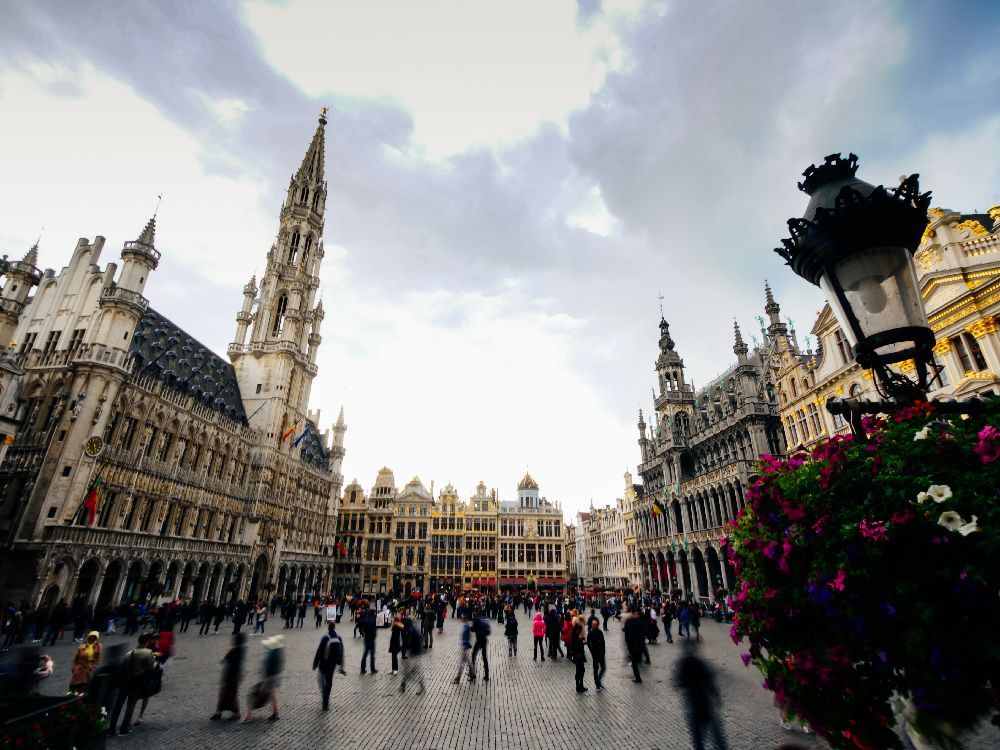
A healthy city, according to the WHO, is conscious of itself and committed to improvement: ‘a healthy city is one that continually creates and improves its physical and social environments and expands the community resources that enable people to mutually support each other in performing all the functions of life and developing to their maximum potential.’ With this initiative Brussels is clearly committed to this collective idea of a healthy city that shows us what engaged, participatory governance can look like. Centering public health at a local and intersectoral level emphasises community, equity, collaboration, and solidarity. Such partnerships reflect the multiplicity of possible approaches to tackle societal issues in cities. Houba’s museum prescriptions initiative is evidence and a prescription toward a healthier, contented urban society.
I once travelled to Rome as a birthday present for the sole purpose of meeting Caravaggio’s Judith Beheading Holofernes (1599 ca.) in person – it was a gift I’ll never forget, a gift Romans can visit anytime for the price of admission. With such gifts in our urban communities, we should lobby for prescriptive, equitable measures like the Bruxelles initiative in all our cities. In the meantime, we can also self-prescribe as needed, as afforded, as when I asked Houba to name one of her favourite or most meaningful artworks of any kind. Music, especially live music, and books are her favourite art forms, with Rage Against the Machine taking the lead if she’s not in the best mood and Billy Martin when she’s ready to chill. Her latest and highly recommended read is Frida Kahlo’s biography. Art may not literally move mountains, but it moves us.
